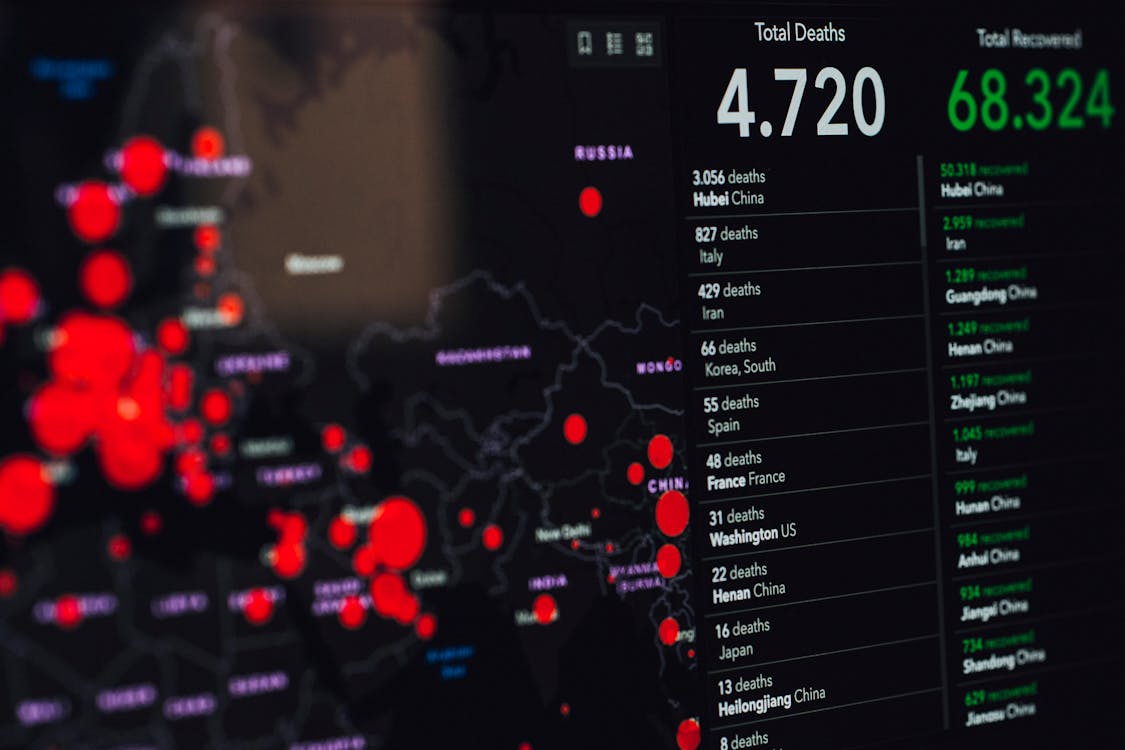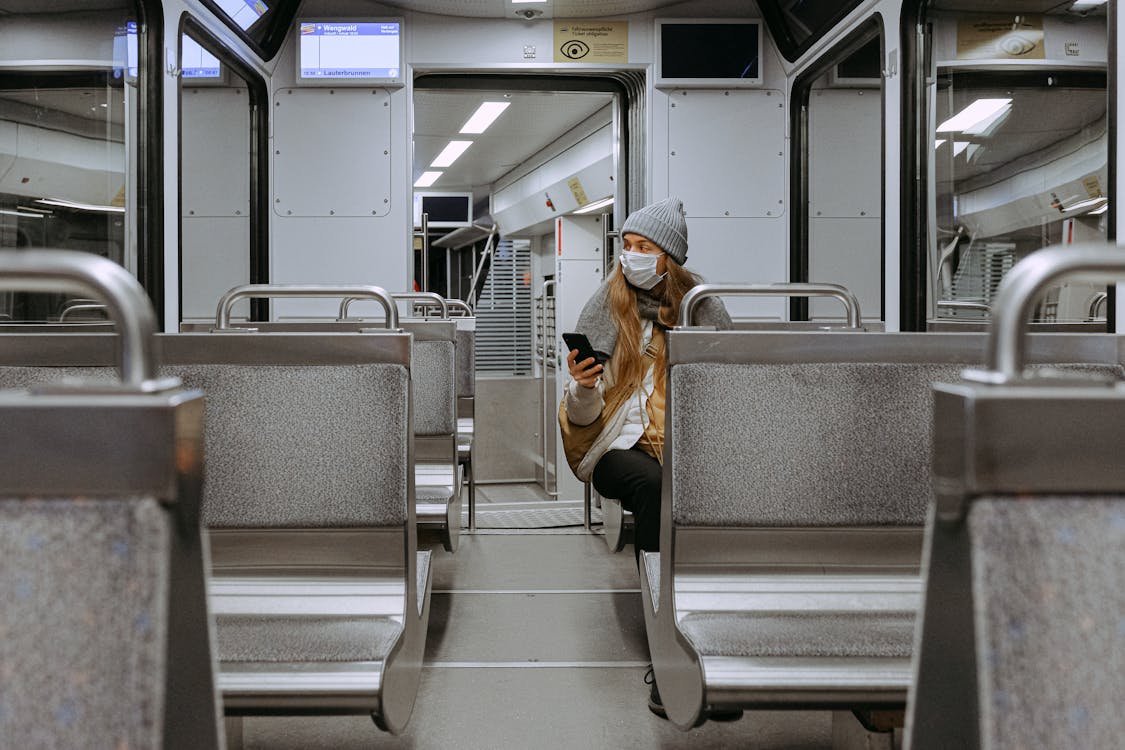Recent research conducted by a team of international scholars has shed light on the impact of the COVID-19 pandemic on urban decline, offering valuable insights into the challenges faced by cities worldwide. Led by researchers Jiazhen Zhang and Jeremy Cenci from the University of Mons in Belgium, along with Muxia Yao from Sichuan University in China, the study explores the implications of the pandemic and proposes countermeasures for resilient and sustainable cities.
The COVID-19 pandemic, which ravaged the globe from 2019 to 2023, left no aspect of society untouched. As urban areas became hotspots for the virus, cities experienced economic recessions, a decline in population, and strain on infrastructure and resources. In response, the team of researchers embarked on a comprehensive analysis of urban decline, examining scientific research from around the world to gain a deeper understanding of the challenges faced by cities in the post-COVID-19 era.
Their analysis revealed that research on urban decline in the wake of the pandemic has been predominantly led by traditional developed countries such as the United States and England. Collaboration among researchers from different regions has played a crucial role in generating a comprehensive understanding of the issue. The researchers identified key clusters of keywords in the studies, focusing on topics such as urban regeneration, growth, decay, family planning, resource dependency theory, and public art. Additionally, they highlighted keyword co-occurrence in areas such as shrinking cities, gentrification policy, and land use.
The findings of the study shed light on the complex factors contributing to urban decline in recent years. Inadequate economic development, lagging infrastructure construction, the siphoning effect of core regional cities, and unique institutional factors were identified as major drivers of specific patterns of urban decline. Armed with this knowledge, the researchers have proposed comprehensive urban recovery plans to address these challenges.
Reshaping urban spatial layouts and planning emerged as a key strategy in the researchers' proposals. By prioritizing sustainability and equitable resource distribution, cities can better withstand future challenges. Strengthening strategies for social and economic revival is also essential, focusing on supporting economic recovery, improving infrastructure, and fostering innovation. Furthermore, the researchers stressed the importance of enhancing urban crisis management and preparedness, aiming to mitigate the impacts of future global health crises.
The implications of this research are significant for urban planners, policymakers, and researchers alike. Understanding the relationship between the COVID-19 pandemic and urban decline provides a scientific basis for informed decision-making in urban planning and management. By implementing the proposed comprehensive urban recovery plans, cities can strive towards resilience and sustainability in the face of future challenges.
The study conducted by Zhang, Yao, and Cenci serves as a call to action for cities worldwide. As the world continues to grapple with the long-lasting effects of the COVID-19 pandemic, it is essential to prioritize the revival and revitalization of urban areas. By reimagining urban spatial layouts, strengthening economic and social strategies, and enhancing crisis preparedness, cities can build a foundation for resilient, sustainable, and equitable futures.
As cities navigate the post-pandemic era, the insights gleaned from this research will undoubtedly inform their decision-making processes. By understanding the complexities of urban decline and the impact of global health crises, cities can take proactive steps toward a brighter future. With careful planning and strategic implementation, urban areas can emerge stronger, ready to face future challenges head-on.
Get a copy of the research below:


